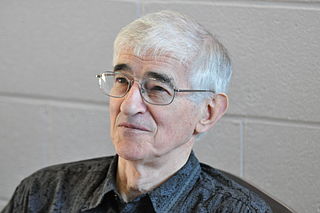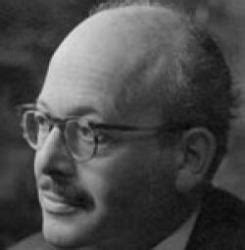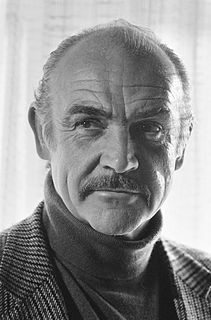A Quote by John Dominic Crossan
It is impossible to avoid the suspicion that historical Jesus research is a very safe place to do theology and call it history, to do autobiography and call it biography.
Related Quotes
When you read a history or biography you are entitled to imagine that it is as accurate as the authors can make it. That research has gone into it and we say "This is a history of the civil war, this is a biography of Lincoln" whatever. But you don't make any such supposition when you say "This is a historical novel."
There are many different kinds of doubt. When we doubt the future, we call it worry. When doubt other people we call is suspicion. When we doubt ourselves we call it inferiority. When we doubt God we call it unbelief. When we doubt what we hear on television we call it intelligence! When we doubt everything we call it cynicism or skepticism.
So these liberals say historical research can't possibly discover the Jesus of faith, because the Jesus of faith is not rooted in history. He's merely a symbol. But listen: Jesus is not a symbol of anything unless he's rooted in history. The Nicene Creed doesn't say, "We wish these things were true." It says, "Jesus Christ was crucified under Pontius Pilate, and the third day he rose again from the dead,' and it goes on from there.
I have always hated biography, and more especially, autobiography. If biography, the writer invariably finds it necessary to plaster the subject with praises, flattery and adulation and to invest him with all the Christian graces. If autobiography, the same plan is followed, but the writer apologizes for it.
Different people call on [God] by different names: some as Allah, some as God, and others as Krishna, Siva, and Brahman. It is like the water in a lake. Some drink it at one place and call it 'jal', others at another place and call it 'pani', and still others at a third place and call it 'water'. The Hindus call it 'jal', the Christians 'water', and the Moslems 'pani'. But it is one and the same thing.
Jesus clearly believed in the reality of Satan and other principalities and powers. Now, I have very compelling historical, philosophical, and existential reasons for concluding that Jesus is Lord, and if I confess him to be Lord, I don't see how I can consider myself in a position to ever correct his theology, especially about such a foundational theological matter!
But the others, those who tried to bring Jesus to life at the call of love, found it a cruel task to be honest. The critical study of the life of Jesus has been for theology a school of honesty. The world had never seen before, and will never see again, a struggle for truth so full of pain and renunciation as that of which the Lives of Jesus of the last hundred years contain the cryptic record.
There are only patterns, patterns on top of patterns, patterns that affect other patterns. Patterns hidden by patterns. Patterns within patterns. If you watch close, history does nothing but repeat itself. What we call chaos is just patterns we haven't recognized. What we call random is just patterns we can't decipher. what we can't understand we call nonsense. What we can't read we call gibberish. There is no free will. There are no variables.
































